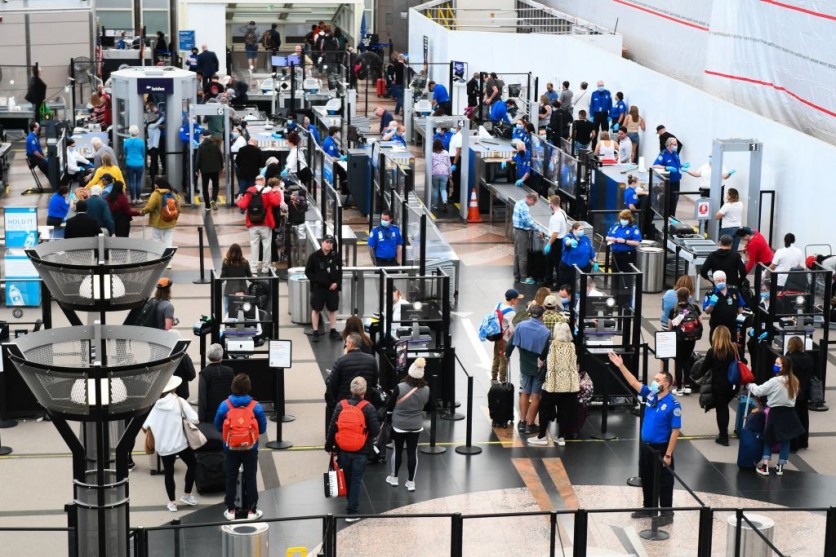In a united bipartisan effort, two senators have unveiled the Traveler Privacy Protection Act. This proposed bill specifically targets TSA, seeking to curtail and prevent the expansion of its facial recognition technology program.

Terminating Involuntary Facial Recognition at Airports
Senators John Kennedy (R-LA) and Jeff Merkley (D-OR) have collaboratively presented a bipartisan bill, the Traveler Privacy Protection Act. Engadget reported that this aims to terminate involuntary facial recognition screening procedures at airports.
The proposed legislation seeks to restrict the Transportation Security Administration (TSA) from perpetuating or expanding its facial recognition technology program.
It also mandates that the TSA must obtain explicit congressional approval for any renewal and dispose of all biometric data within a three-month timeframe.
Senator Merkley has expressed concern, characterizing the TSA's biometric practices as a potential precursor to a national surveillance state, emphasizing the importance of preserving privacy and freedom.
Garnering Support from Senators, Advocacy Groups
The Traveler Privacy Protection Act has garnered support from advocacy groups such as the ACLU, Electronic Privacy Information Center, and Public Citizen. Supporting senators include Edward J. Markey (D-MA), Roger Marshall (R-KS), Bernie Sanders (I-VT), and Elizabeth Warren (D-MA).
Jeramie Scott, Senior Counsel and Director of EPIC's Project on Surveillance Oversight, emphasized the genuine privacy risks and discriminatory impact associated with facial recognition technology.
In a statement included in Markley's press release, Scott highlighted the government's use of facial data as IDs, labeling it a serious threat to democracy. He asserted that the TSA should not unilaterally subject millions of travelers to this potentially dangerous technology.
Senator Kennedy expressed concern over the daily scanning of thousands of Americans' faces by the TSA without their explicit permission, as posted on his own press release.
He emphasized the lack of clarity regarding the option to opt out of this invasive screening and affirmed that the Traveler Privacy Protection Act aims to safeguard every American from intrusive surveillance by terminating the facial recognition program.
Also Read : Apple Wallet for Driver's License, State ID Coming in 2022; TSA to Accept it on Domestic Flights Too
In 2018, the Transportation Security Administration (TSA) initiated trials of facial recognition technology at Los Angeles International Airport (LAX). Fast Company reported that the TSA presented this to travelers as an innovative and advanced feature, touting a biometrically-enabled curb-to-gate passenger experience.
During the summer, the TSA expressed intentions to extend this program to more than 430 airports across the United States in the coming years.
Lacking Transparency
While the program theoretically permits travelers to opt-out, the practical implementation of this process lacks transparency. Merkley shared a video on X in September, illustrating instances where agents directed travelers to the facial scanner without clarifying its optional nature.
There were no signs in the vicinity of the booths indicating the optional nature of the process or explicitly stating the collection of facial data. Furthermore, the booth arrangement made it challenging for flyers to present their required driver's license or ID without stepping in front of the facial scanner.





![Most Useful Google Chrome Keyboard Shortcuts You Need to Know to Improve Your Browsing Experience [2024]](https://d.techtimes.com/en/full/449047/most-useful-google-chrome-keyboard-shortcuts-you-need-know-improve-your-browsing-experience-2024.jpg?w=184&h=103&f=476d29fd60df70a67f6679f99a2ca6d0)